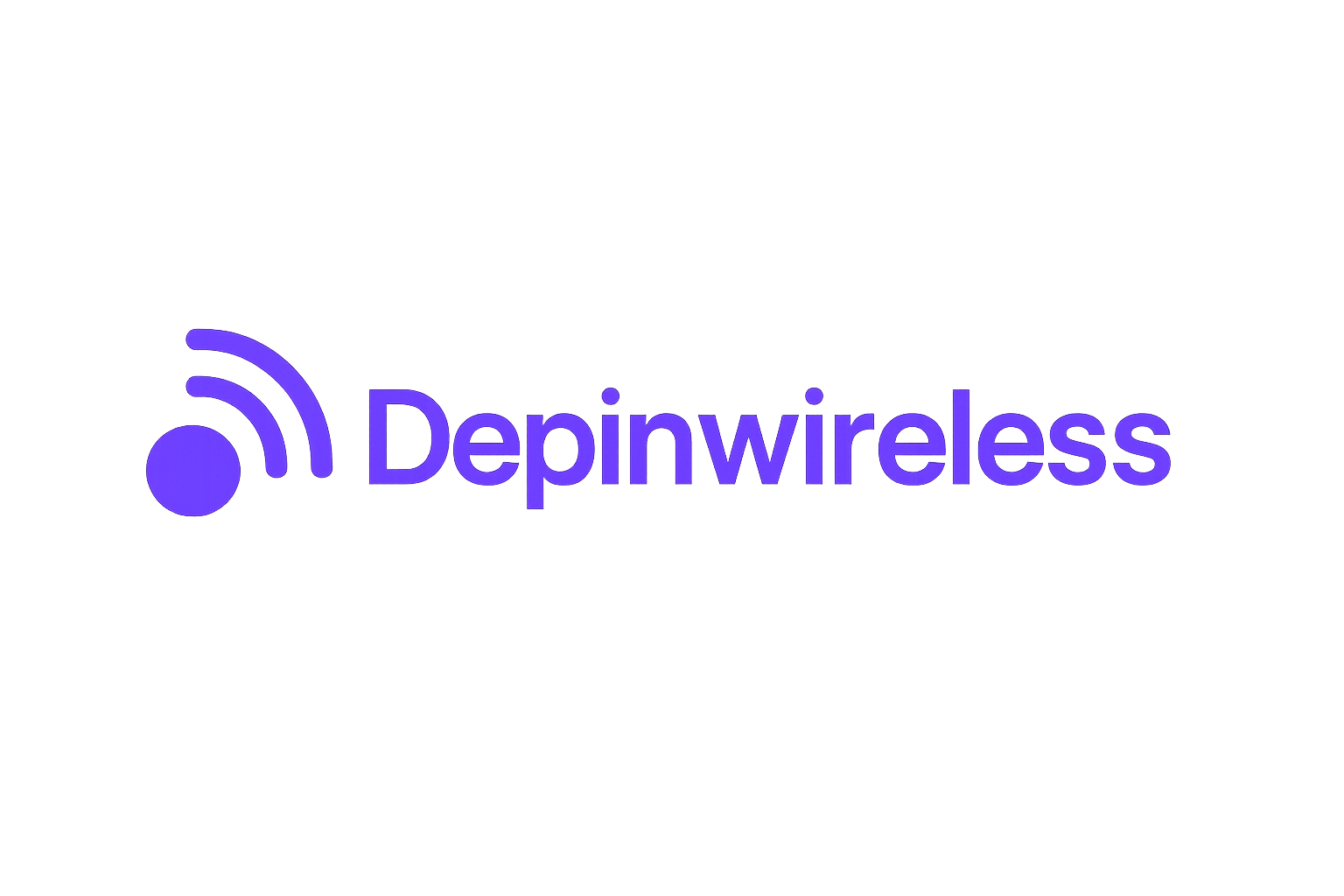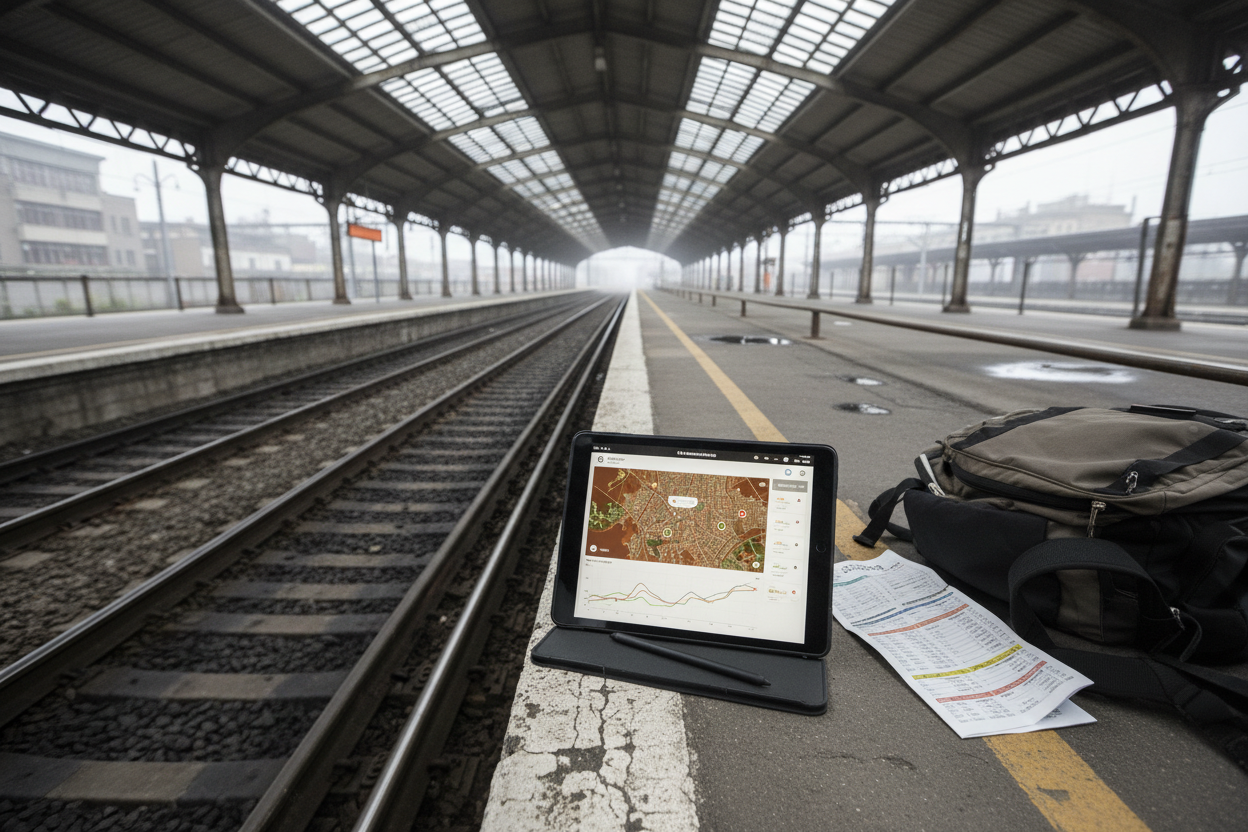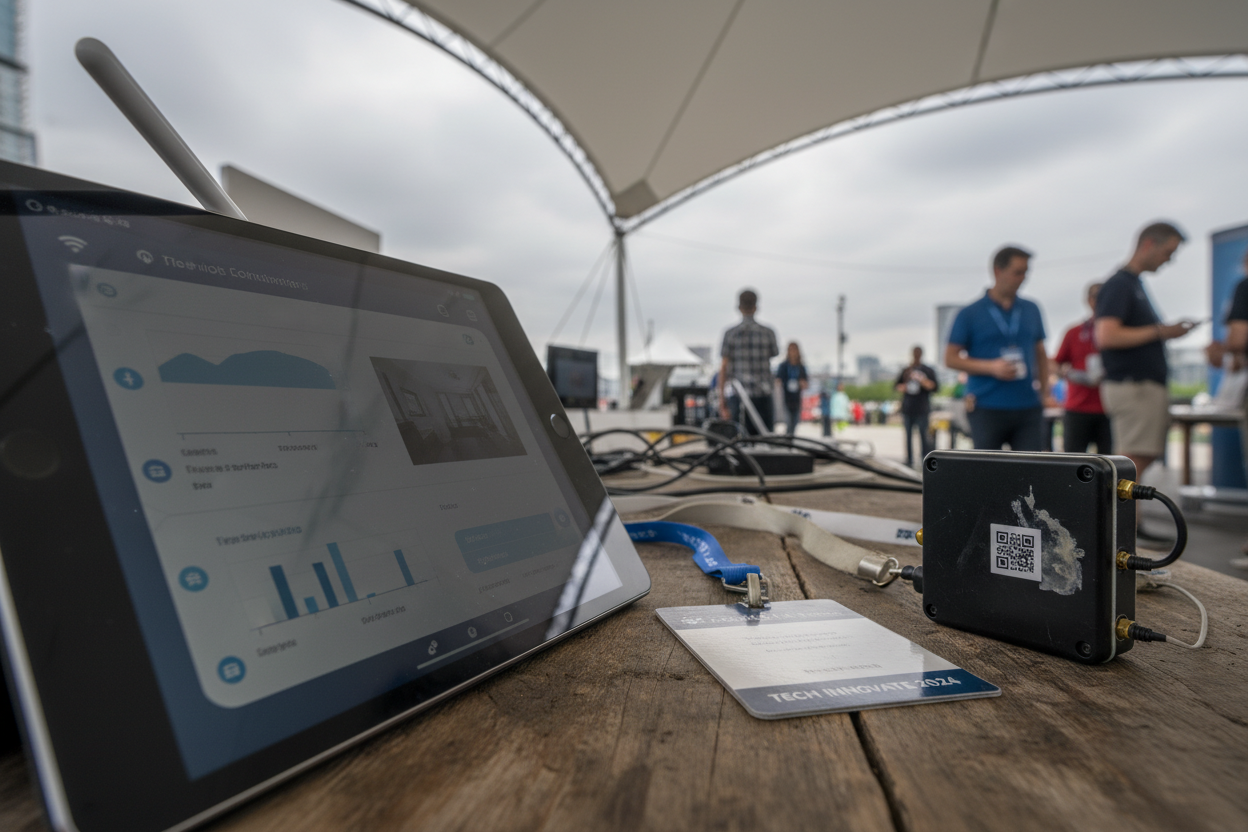
Imagine a world where your rooftop becomes the gateway to high-speed, affordable internet for your entire neighborhood. This isn’t science fiction, it’s the reality DAWN is building with its decentralized broadband protocol, powered by the lightning-fast Solana blockchain. As traditional ISPs struggle to keep up with demand and infrastructure costs, DAWN is flipping the script by letting everyday users monetize their excess bandwidth and create resilient, community-owned mesh networks.

How DAWN’s Rooftop Mesh Networks Work
At the heart of DAWN’s approach are rooftop-mounted radios that form self-healing wireless mesh networks. These devices connect to one another directly, relaying data across neighborhoods without relying on centralized infrastructure or miles of underground fiber. The result? Rapid deployment, seamless scalability, and coverage that can adapt to real-world needs, especially in urban jungles where laying new cables is next to impossible.
Each node in the network acts as both a provider and consumer of bandwidth. If you have extra internet capacity at home or your business, you can share it with others nearby and earn rewards in return. This model transforms passive consumers into active contributors, creating a community-owned internet that’s more robust and cost-effective than legacy alternatives.
The Power of Proof-of-Backhaul on Solana
One of DAWN’s real breakthroughs is its “proof-of-backhaul” mechanism, a trustless way to verify that each node genuinely delivers reliable connectivity. Instead of taking someone’s word for it, DAWN uses smart contracts on Solana (currently trading at $184.15) to automatically measure and record throughput, location, and frequency data from every participating radio. This ensures that only nodes actually providing value are rewarded, while keeping the whole system transparent and secure.
This proof system isn’t just technical wizardry, it’s what makes decentralized wireless networks viable at scale. By leveraging Solana’s high throughput and low fees, DAWN can handle thousands of microtransactions per second, tracking bandwidth sharing in real time without bottlenecks or manual audits.
Key Benefits of Blockchain-Powered Rooftop Mesh Networks
-
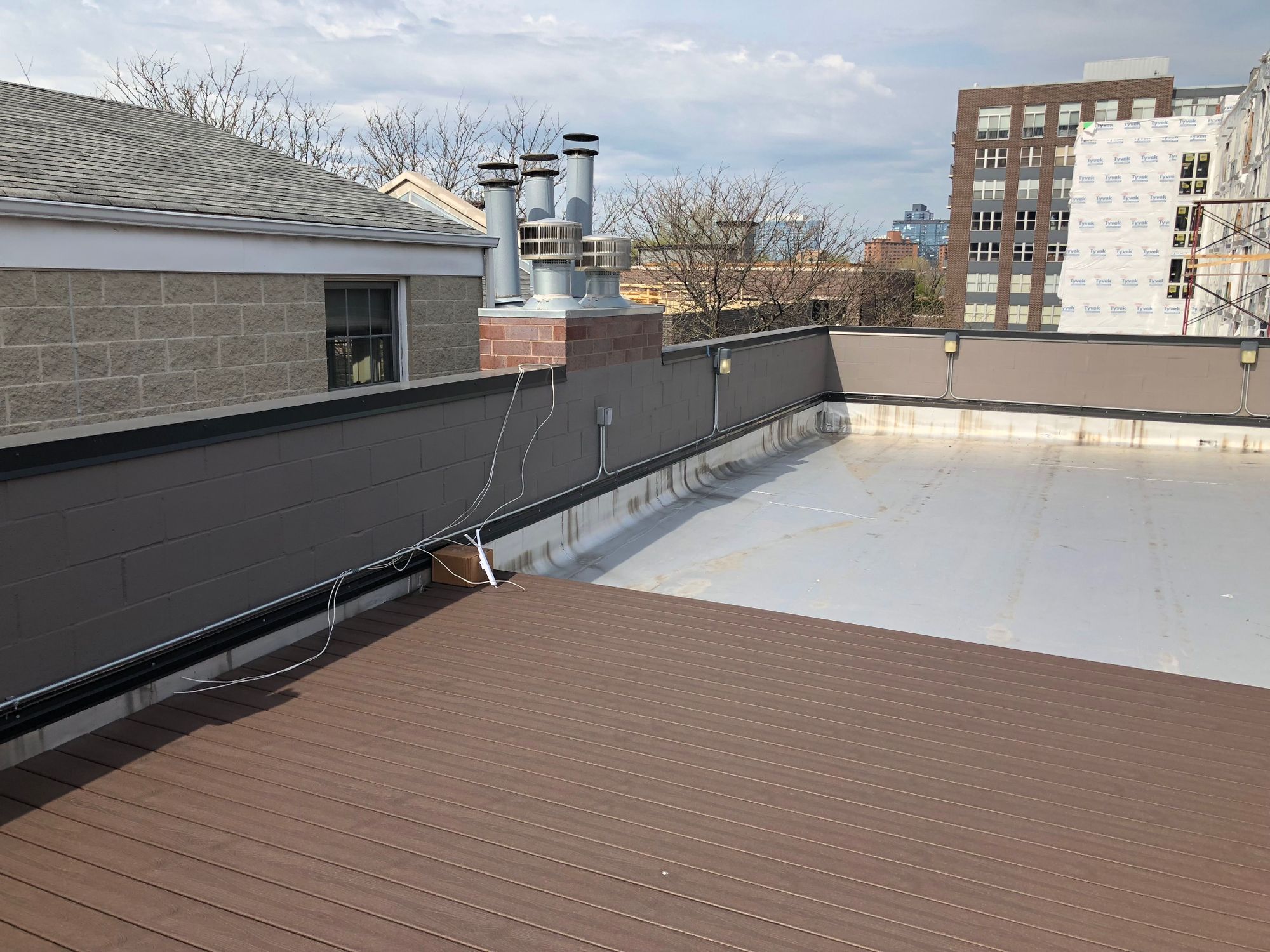
Decentralized, Peer-to-Peer Connectivity: Rooftop mesh networks like DAWN enable users to share and access internet directly from their neighbors, reducing reliance on traditional ISPs and fostering a truly community-driven broadband ecosystem.
-
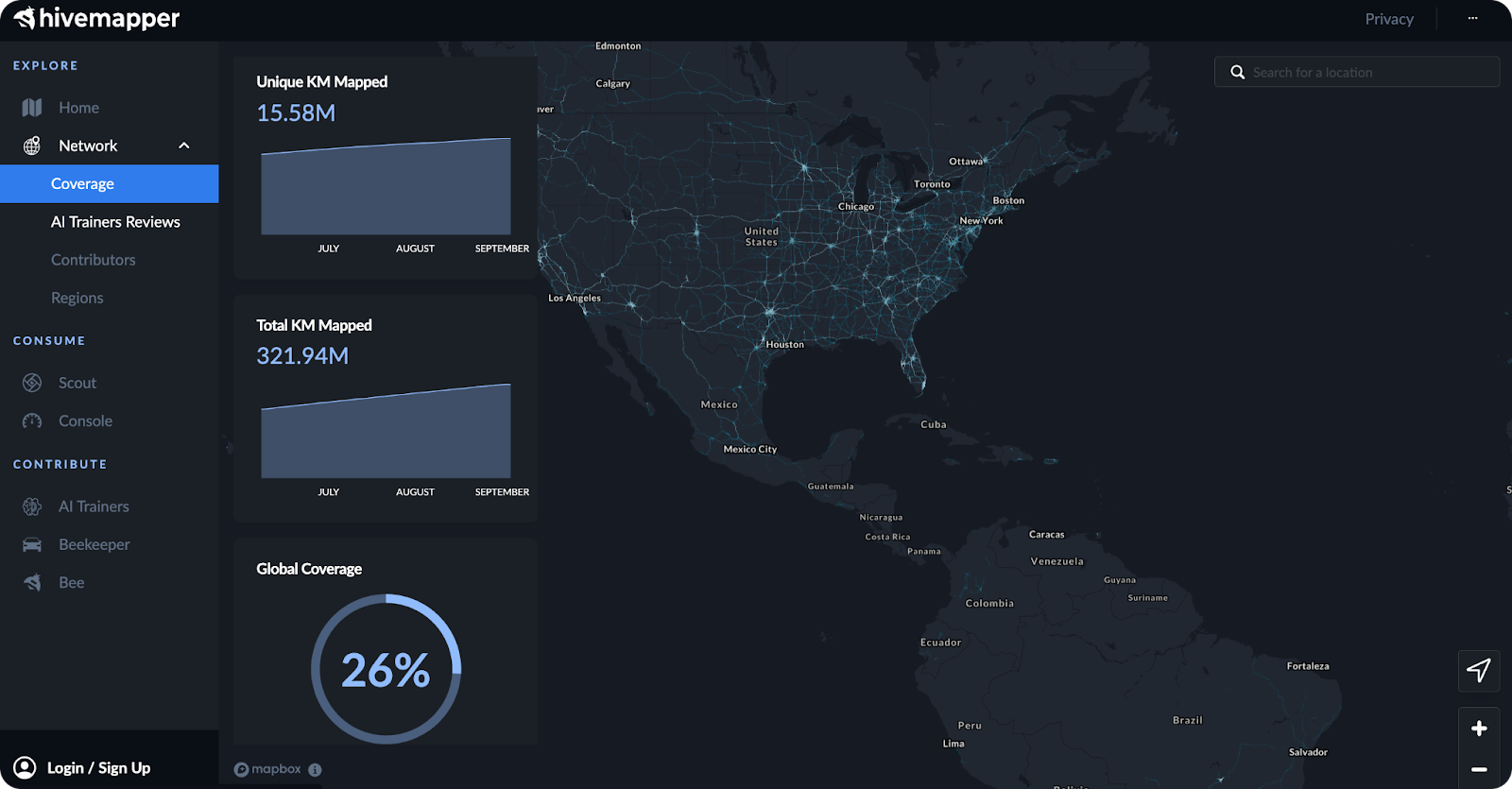
Enhanced Reliability with Proof of Backhaul: DAWN employs a proof of backhaul mechanism on the Solana blockchain, verifying node performance and ensuring users connect only to reliable, high-throughput nodes for consistent internet service.
-

Rapid Scalability and Coverage Expansion: By leveraging rooftop-mounted wireless equipment and partnerships like the integration with 8,000 DAWN nodes into the Helium Network, coverage can be quickly expanded to underserved areas without expensive infrastructure.
-
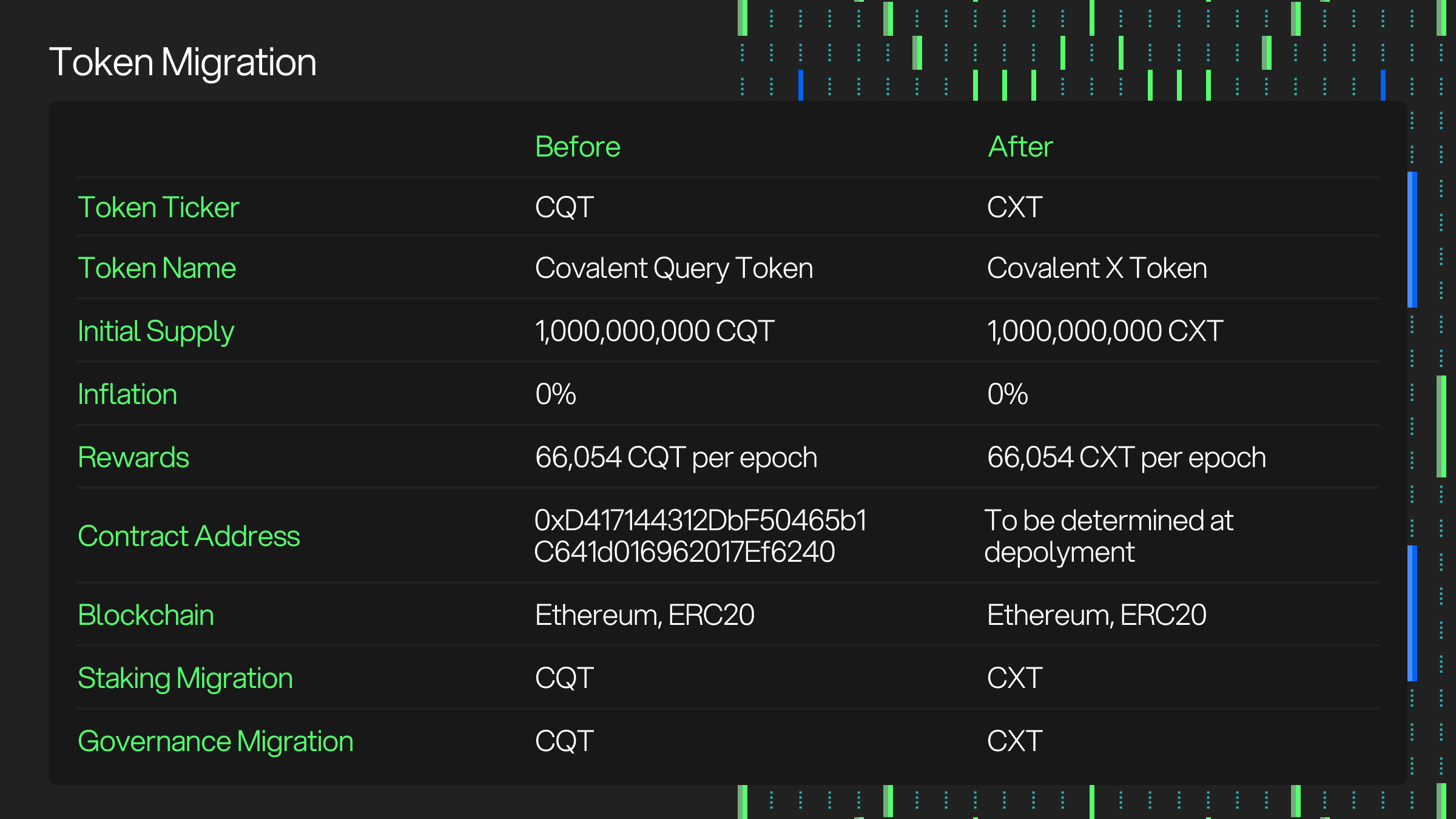
Incentivized Participation Through Tokenization: Users earn tokens for sharing bandwidth, maintaining connectivity, and referrals. These tokens can be exchanged or used for bandwidth, creating a self-sustaining, growth-oriented ecosystem.
-
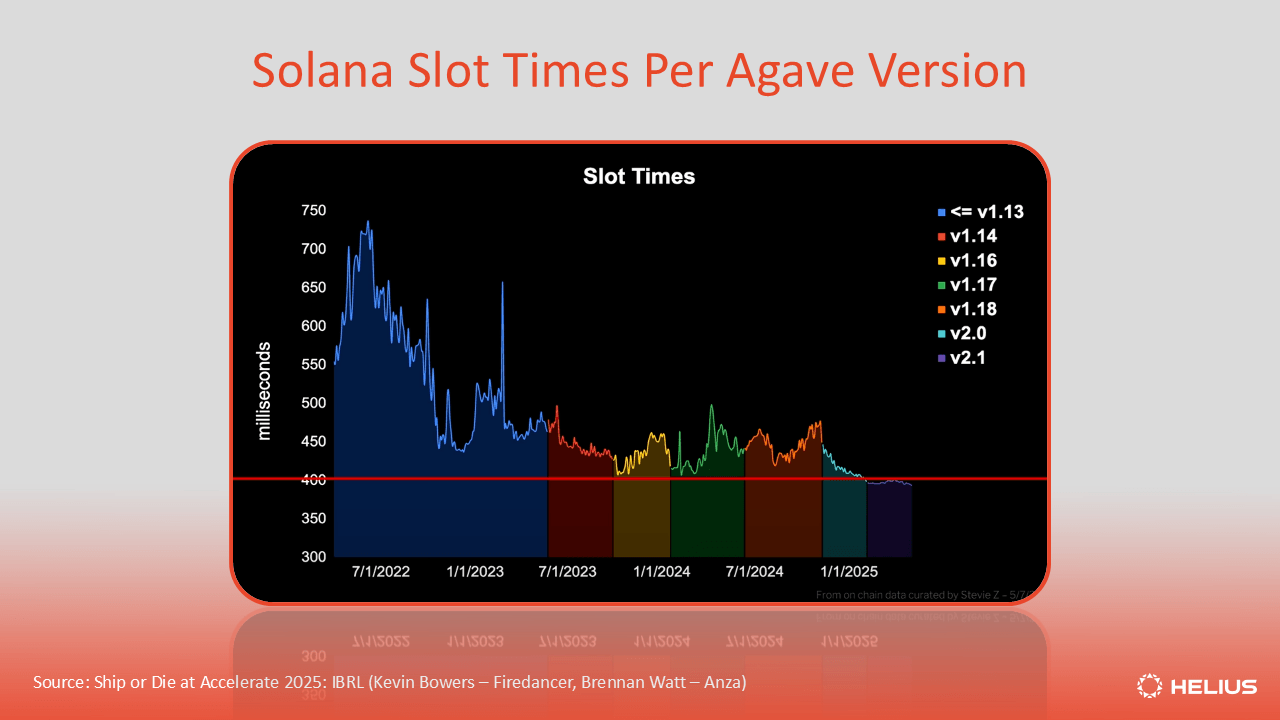
Transparent and Trustless Operations: All transactions and service contracts are deployed on the Solana blockchain, ensuring transparency, auditability, and trustless interactions between network participants.
DAWN x Helium: Expanding Decentralized Coverage
The decentralized wireless (DePIN) movement isn’t about siloed projects, it thrives on collaboration. In January 2025, DAWN partnered with Helium to integrate 8,000 rooftop nodes into Helium’s global network. This move created one of the largest fully-decentralized last-mile solutions yet seen, delivering robust broadband access even where incumbents fear to tread.
This partnership not only broadens coverage but also proves out the interoperability ethos at the heart of Web3 infrastructure. With both networks using blockchain-backed proofs and token incentives, users can seamlessly roam between hotspots while earning rewards for keeping the mesh alive.
User Incentives: Turning Bandwidth into Tokens
No one wants to share resources for free, and with DAWN, you don’t have to. The protocol rewards participants with tokens whenever they provide bandwidth or help relay data across the network. These tokens aren’t just digital badges; they’re spendable assets you can use to buy more bandwidth or trade in crypto markets.
This incentive structure creates a virtuous cycle, more users mean more coverage and reliability, which attracts even more participants looking for an alternative to expensive ISP contracts or unreliable connections in underserved areas.
DAWN’s tokenomics are designed to encourage both early adopters and long-term contributors. Users who stake tokens or refer new participants can unlock additional rewards, fostering grassroots growth and a sense of community ownership. By leveraging the speed and scalability of Solana (with SOL currently at $184.15), DAWN’s micro-reward system operates without the friction or high fees that plague older blockchains. This is a game-changer for real-world adoption, especially in regions where every cent counts.
What truly sets DAWN apart is its commitment to transparency and trustlessness. Every node’s performance is cryptographically verified through on-chain proofs of backhaul, location, and frequency. This eliminates the guesswork that has historically undermined peer-to-peer internet sharing schemes. Participants know they’re being fairly compensated for their contributions, while consumers can trust the quality of service they’re accessing.
Decentralized ISPs: The Future of Community-Owned Internet
The rise of DAWN signals a seismic shift away from monopoly-driven ISPs toward community-owned internet. Instead of waiting for distant corporations to upgrade infrastructure or lower prices, neighborhoods can now bootstrap their own mesh networks, powered by rooftop radios and governed by transparent smart contracts. This model is not just theoretical; it’s already being piloted in urban centers and underserved communities where connectivity gaps are most acute.
The implications stretch far beyond first-world cities. In places like Nigeria and other regions where reliable broadband remains scarce, decentralized wireless networks offer a leapfrog opportunity, skipping over legacy cable entirely in favor of resilient rooftop mesh built by locals, for locals. As more users join, network effects kick in: coverage expands organically, reliability improves, and costs drop through collective participation.
Top Reasons Decentralized Broadband Is Gaining Momentum
-

Enhanced Accessibility in Underserved Areas: Decentralized broadband networks like DAWN enable communities to deploy rooftop mesh networks, reaching locations where traditional ISPs often fail to provide reliable service.
-
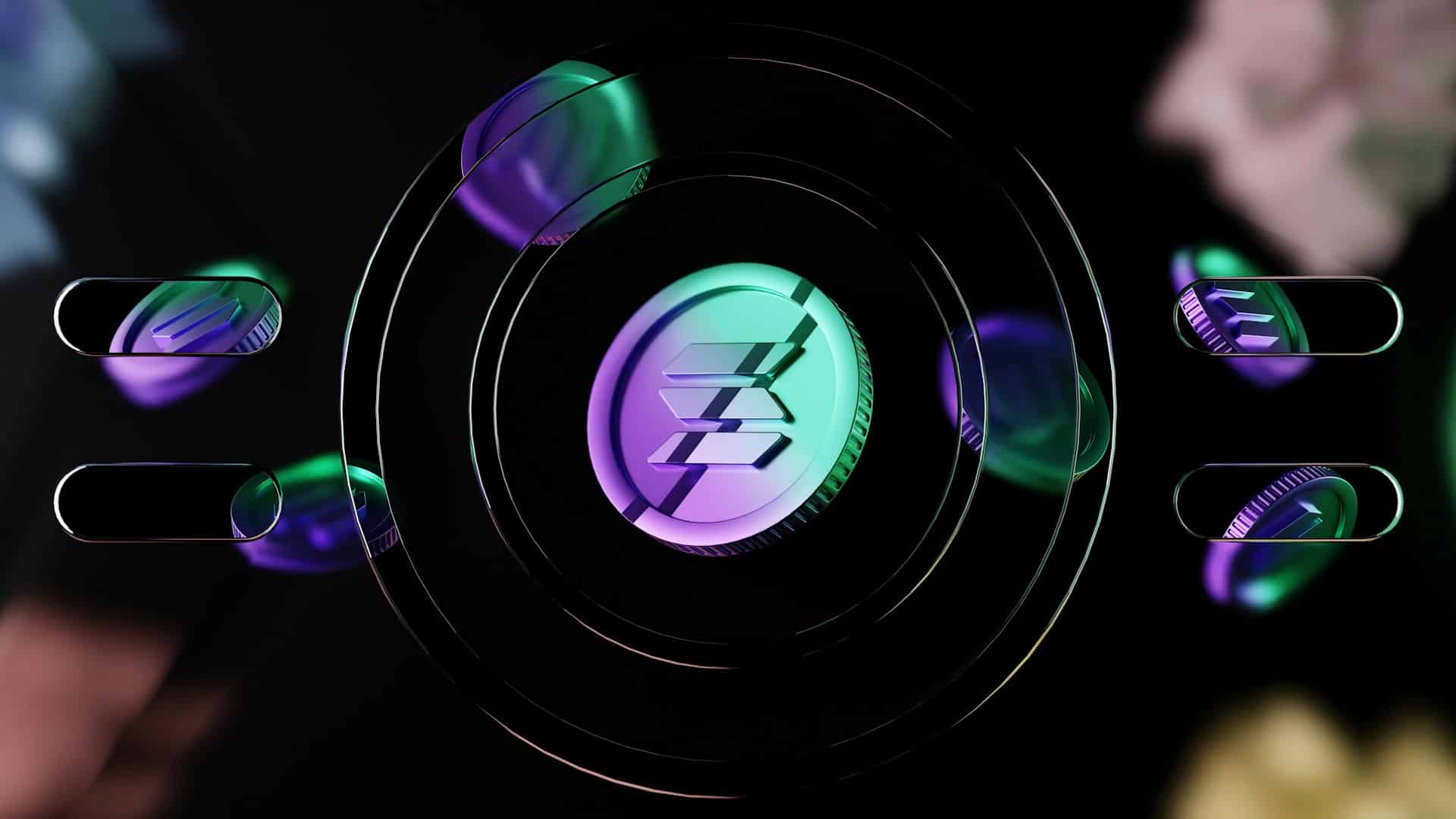
Trustless and Transparent Operations: By leveraging blockchain technology such as Solana, decentralized networks use mechanisms like proof of backhaul to ensure network reliability and transparency without relying on centralized authorities.
-

User Incentives and Tokenization: Participants can earn tokens by sharing bandwidth, maintaining connectivity, and referring others, creating a self-sustaining ecosystem that rewards active contributors.
-
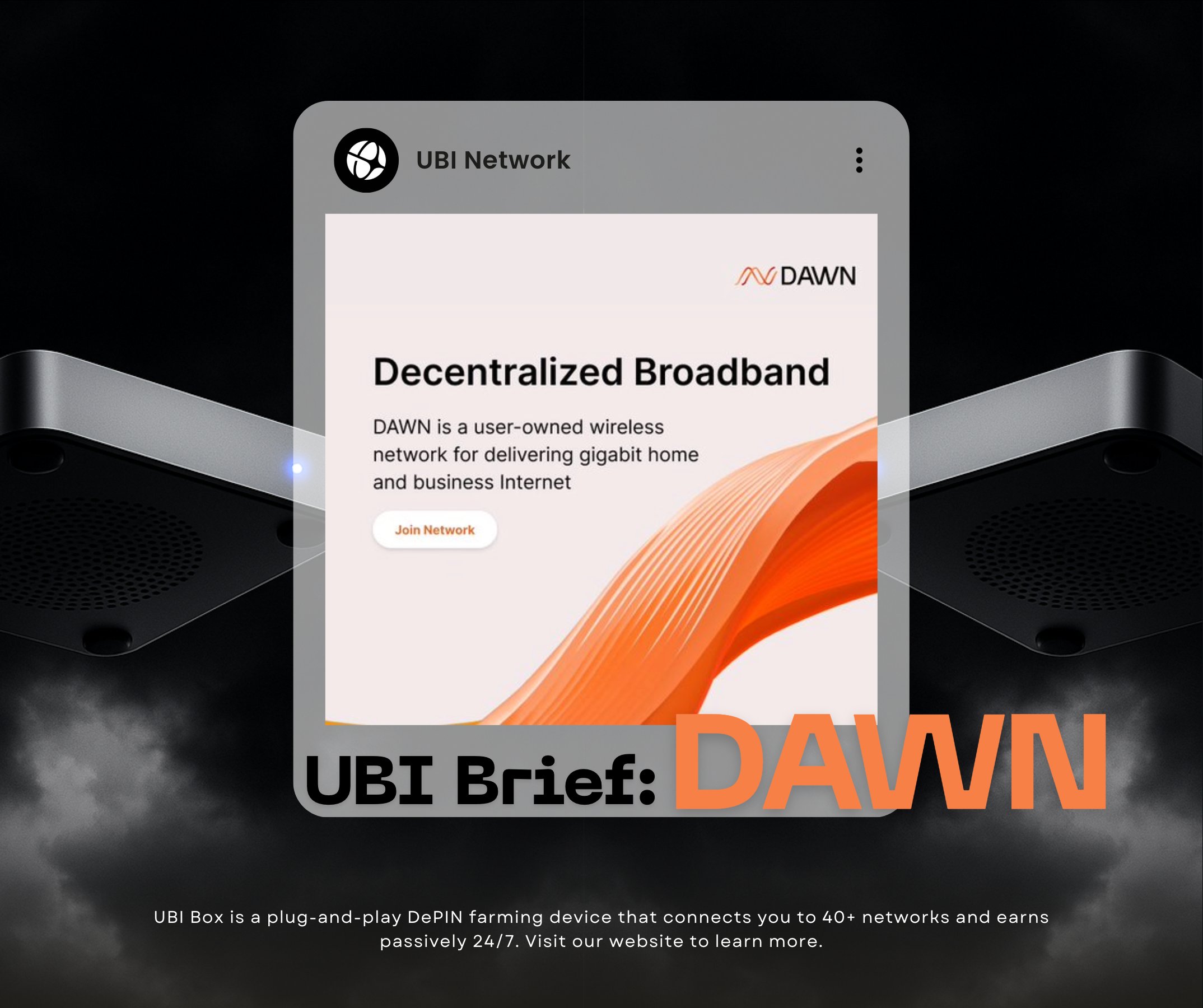
Rapid Scalability Through Partnerships: Collaborations, such as the DAWN and Helium Network partnership, integrate thousands of nodes to expand coverage quickly and efficiently, strengthening decentralized last-mile connectivity.
-
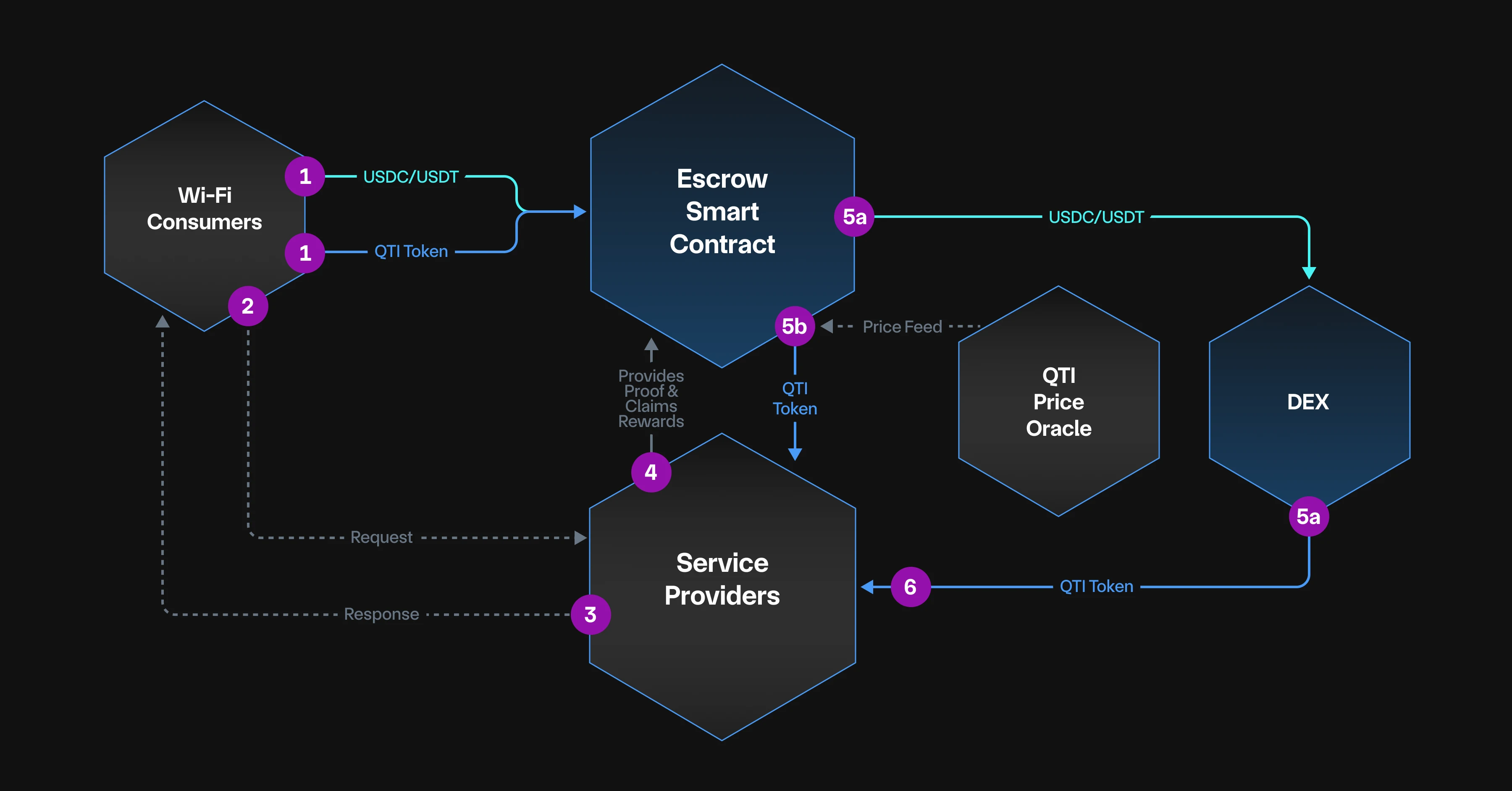
Cost-Effective and Community-Driven: Decentralized broadband reduces reliance on large ISPs, often resulting in lower costs for users while empowering communities to manage and monetize their own internet infrastructure.
For investors and tech enthusiasts eyeing the DePIN space, DAWN represents more than just another blockchain project, it’s a working blueprint for how decentralized infrastructure can solve real-world problems at scale. With strategic partnerships (like Helium), robust technical design (proof-of-backhaul on Solana), and user-centric incentives, DAWN is positioned at the forefront of the next connectivity revolution.
Getting Started: How to Join the DAWN Network
If you’re ready to take part in this new era of internet access, whether as a node operator or bandwidth consumer, the DAWN ecosystem makes onboarding simple:
Curious about how triple-proof verification works or want a deeper dive into Solana-powered mesh networks? Check out our detailed guides on triple-proof verification or explore mesh network architecture.
As we move further into 2025, keep an eye on projects like DAWN that are not only decentralizing last-mile broadband but also redefining what it means to be connected in a Web3 world, one rooftop at a time.
